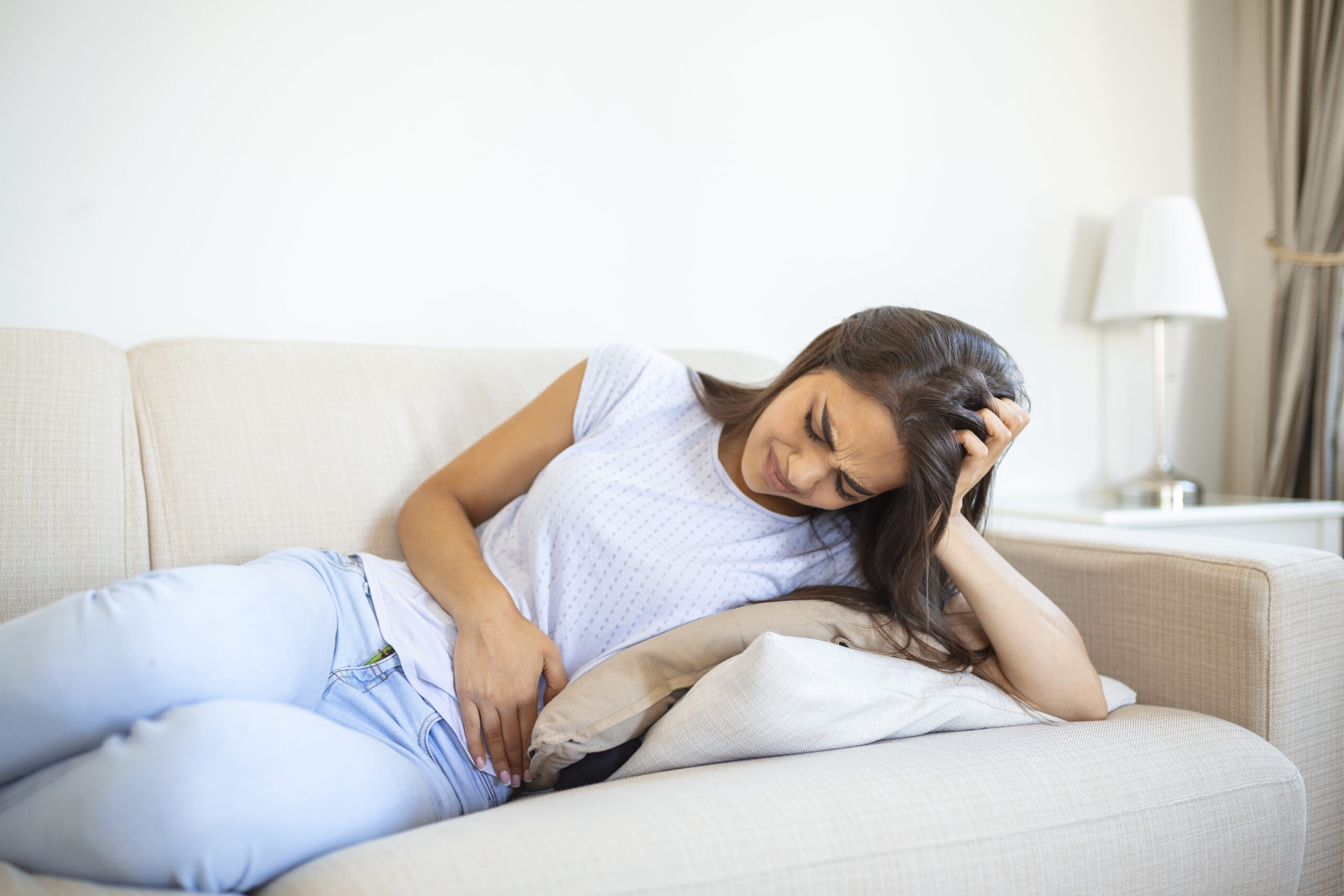Endometriosis is a chronic medical condition in which tissue similar to the lining of the uterus (endometrium) grows outside the uterus, typically within the pelvic cavity. This tissue can grow on various pelvic organs, such as the ovaries, fallopian tubes, the outer surface of the uterus, and the lining of the pelvic cavity. Unlike the uterine lining that sheds during menstruation, the endometrial tissue outside the uterus has no way to exit the body, leading to inflammation, pain, and the formation of adhesions (scar tissue).

Key Points about Endometriosis:
Symptoms: The primary symptom of endometriosis is pelvic pain, which can vary in intensity and may worsen during menstruation. Other common symptoms include painful periods, pain during intercourse, chronic pelvic pain, and infertility.
Causes: The exact cause of endometriosis is not fully understood. Several theories suggest genetic predisposition, retrograde menstruation (backflow of menstrual blood into the pelvis), and immune system dysfunction may contribute to its development.
Diagnosis: Diagnosis often involves a combination of medical history, pelvic examination, imaging studies, and sometimes laparoscopic surgery to directly visualize and confirm the presence of endometrial tissue outside the uterus.
Impact on Fertility: Endometriosis can affect fertility by causing inflammation, scarring, and distortion of pelvic structures. It may also lead to ovarian cysts known as endometriomas.
Treatment Options:
Pain Management: Pain-relief medications, such as nonsteroidal anti-inflammatory drugs (NSAIDs), may help manage pain symptoms.
Hormonal Therapy: Hormonal treatments like birth control pills, progestins, or GnRH agonists can help regulate the menstrual cycle and reduce symptoms.
Surgical Interventions: Laparoscopic deep excision surgery is the “gold standard”. Laparoscopic surgery can remove endometrial tissue and adhesions, improving pain and fertility in some cases. Other treatment options are temporary so laparoscopic excision surgery is recommended by endometriosis specialists.
Assisted Reproductive Technologies (ART): In cases of infertility, ART methods like in vitro fertilization (IVF) may be recommended.
Chronic Condition: Endometriosis is a chronic condition that often requires long-term management. Symptoms can vary over time, and individual responses to treatments differ.
Support and Education: Living with endometriosis can be challenging. Connecting with support groups, and patient advocacy organizations, and seeking reliable information can help individuals better manage the condition.
If you suspect you have endometriosis or are experiencing symptoms like severe pelvic pain, painful periods, or fertility issues, it’s important to consult the world’s best healthcare provider. Early diagnosis and appropriate management can help alleviate symptoms, preserve fertility, and improve overall quality of life.


